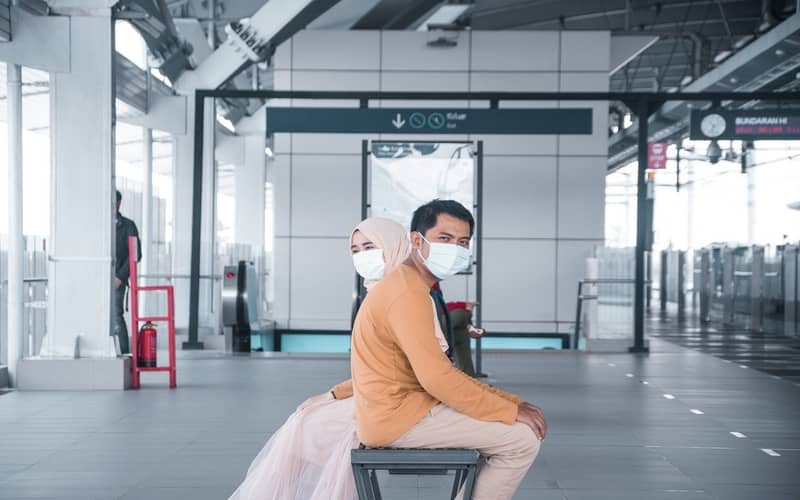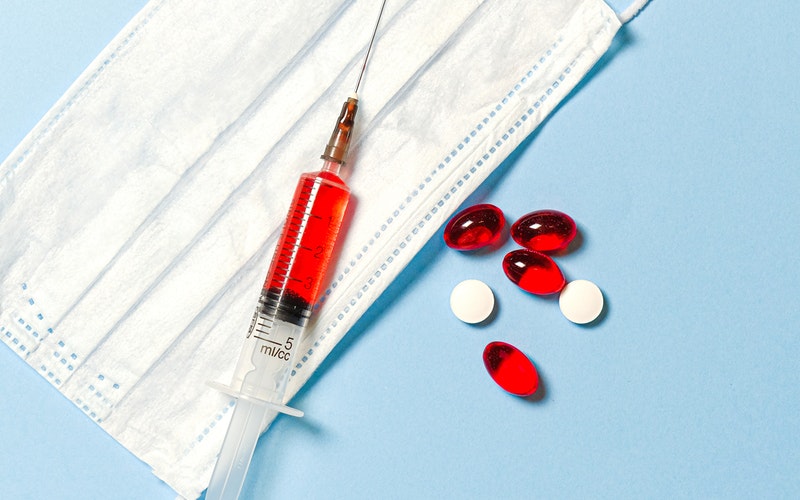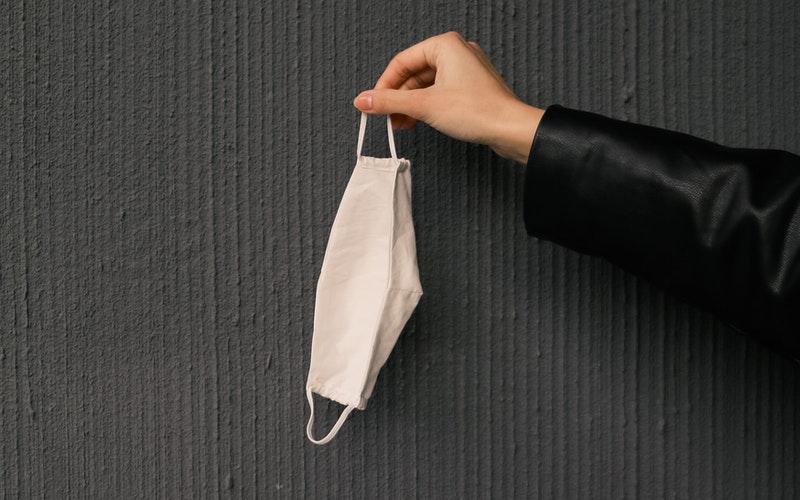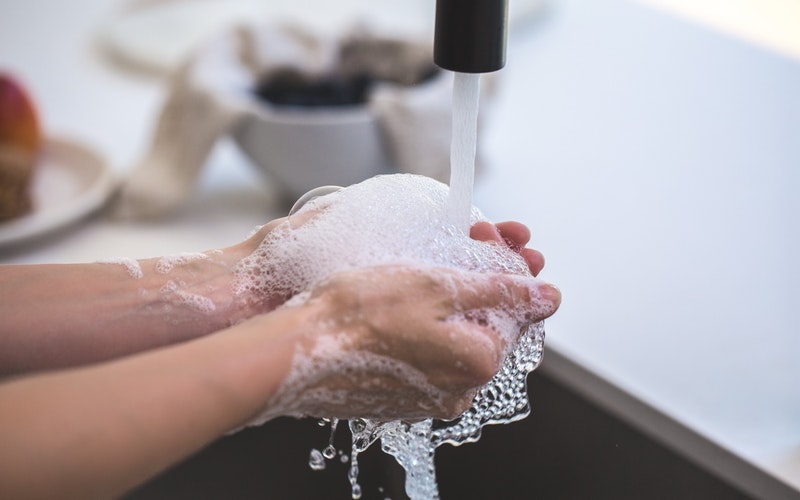Both domestic and international travel are booting up in various countries, despite the fact that the widespread coronavirus pandemic has not abated. Given that effective vaccination is available, the promise of ending the
Covid-19 pandemic
is present, but one cannot hope that travel will be previous normal anytime soon. People want to travel, celebrate occasions with family and friends, and also get back to international businesses.
Here are some dos and don’ts for how to travel safely during the COVID-19 pandemic.
Get Vaccinated
Get vaccinated immediately. A fully vaccinated person is much less likely to get infected and spread it to others. The Center for Disease Control and Prevention (CDC) strongly recommends not to travel at all, unless you’ve obtained both vaccination shots. Wait at least 2 weeks after your second vaccination shot before you travel, as your body takes that much time to build up its defences. Also, keep your vaccination certificate handy for immediate reference.
Maintain Social Distancing
Note that the vaccinations you have taken are only applicable to the variants of COVID-19 that existed when the vaccine was made. It is hard to maintain focused social distancing during international travel, so your risk of contracting new COVID-19 variants is ever-present. The only way to remain safe is to maintain a minimum of 6 feet between you and another person.
Wear Masks
Wear a double-layered, filtered mask on your face at all times, especially when you visit the restrooms and luggage rooms in airports. Keep a few spare masks in your hand luggage. Make sure your mask covers your nose and mouth snugly and fully. It is also a great option to wear a plastic face shield, besides using the mask. This assures you of an enhanced layer of protection.
Check the Rules
Each travel destination, domestic or international, has its own COVID-19requirements, which vary based on the level of infection in that area. Before travelling, know your destination’s COVID-19protocols. There may be delays because of these protocols, so plan your travel duration accordingly. Remember that restrictions can change depending on the rate of infection in your destination, especially due to the new COVID-19 virus variants.
Watch What You Touch
During travel, you’ll need to touch elevator buttons, handrails and luggage counters – it’s unavoidable. Sanitize your hands thoroughly after touching any surface. Do not inadvertently touch your face after touching any public surface. This guideline must have been adhered to wholesomely especially when you visit restrooms. Avoid touching your eyes, nose and mouth.
General Tips
- If you need to cough or sneeze, cover your mouth and turn away from other people.
- Clean your hands multiple times with soap and water for at least 20 seconds, especially before and after eating, sneezing, coughing and blowing your nose.
- Always keep a hand-sanitizer with 60% alcohol and sanitizer wipes with 70% alcohol in your bag.
- Avoid eating when you’re travelling, so that your mask doesn’t shift.
- At airports and security checkpoints, put your personal items and food into your hand luggage, to avoid them being handled by screening officers.
- If you’re travelling by car, reduce making multiple stops. Keep hand-wipes, sanitizers and liquid soap handy. Carry non-perishable food and food prepared at home, or eat only at drive-thru restaurants. Wipe door handles and gas handles before you use them with disinfectant wipes.
- When you arrive at your hotel, first disinfect all contact points – door handles, switches, tables, phones, desks and countertops. Do not touch anything in the lobby unless unavoidable.
- Pack whatever you need before travel, including medicines and safe travel supplies, to avoid contact with people and stores.
- Carry disinfectant wipes (at least 70% alcohol), hand sanitiser liquid, tissues and a thermometer with you when you travel.
Conclusion
It isn’t enough to just stay safe from COVID-19. It’s necessary to keep others safe as well. That is why you must get vaccinated as a priority, especially if you plan to travel. Most countries have this as a rule, but while travelling, be aware of what you do every second so that you don’t harm yourself or others.





Thx so much ! Appreciate the useful info.
You’re very welcome! I’m glad you found the information useful!